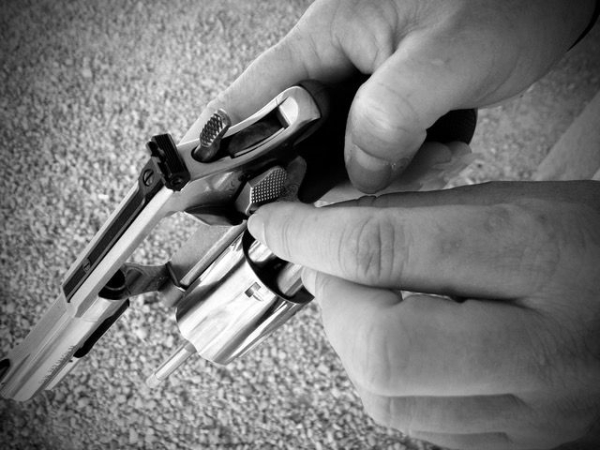
In life it’s usually the small things that trip you up. Something that seemed “insignificant” at the time turns into a major problem. There’s also, as they say, “the devil in the details.” These are stumbling blocks that weren’t anticipated. Regardless of what happens, or why, you can’t fix it by going back in time. You acknowledge what’s happened, then compensate, correct and continue.
The “usual” fight is well documented. Close range – bad breath, danger distances, usually low-light environments. There’s a big possibility of multiple threats; you have to prioritize the danger. The time involved in the physical part of the fight is going to be short -- likely a few seconds. When forced to fire it will probably be three to four rounds. Knowing all these conditions – documented conflicts – tells us what to practice. But there are always exceptions.
The “small” thing pops up. You know, like forgetting to ensure your doors are locked – both in the vehicle and at home. You didn’t take a moment to ensure the pistol has a fully loaded magazine and a round chambered before leaving the house. (Unless you’re one of those who carry without one in the spout, which is a whole other discussion - seek help immediately.) You weren’t paying attention to the environment, no situational awareness, and failed to notice the group of “protestors” moving in from the side streets. These and more are the small matters, that don’t take that much energy or time to tend to, that can cause large problems.
Sometimes it’s “details” that are missed. Yes, most defensive situations occur at close distances -- until they don’t. Often, we look at “averages;” the average distance, number of shots etc. The problem with averages is that they’re skewed by numbers at the extreme ends of the spectrum. They don’t cover the details, or situations outside of the average. These include defensive situations where shots had to be fired at extended ranges. Twenty yards, thirty-five and even sixty- and seventy-yard shots are documented.
Maybe it’s a “detail” you failed to anticipate. Like the fact that malfunctions occur more often in fights than they ever do on the range. Why? Because in real life things are far from perfect, like they are on the range. You “forget” to seat the mag aggressively enough, or cycling the slide with extra force and create a stoppage. You couldn’t get a perfect firing position or grip, causing a failure to eject the empty case. Another stoppage. The distance is close, the slide is jammed against the attacker’s body. Stoppage. Failure to practice malfunctions is a detail you don’t want to ignore.
Take care of the “small” matters. Pay attention to the details. If you do, none of these will be your problem. When your setback does occur, which will be during the fight, immediately apply corrective measure. Don’t be distracted by the misfortune, or dwell on the mistake. Compensate, correct and continue. This is the path to victory.
Tiger McKee is director of Shootrite Firearms Academy. He is the author of The Book of Two Guns, AR-15 Skills and Drills, has a regular column in American Handgunner and makes some cool knives and custom revolvers. Visit Shootrite’s Facebook page for other details.
